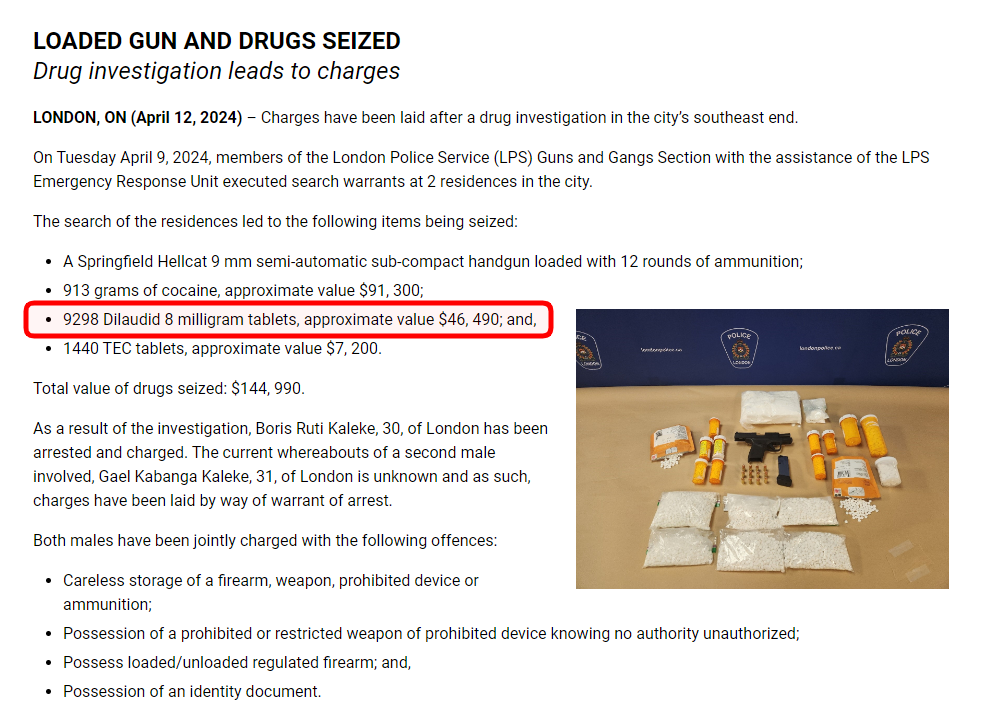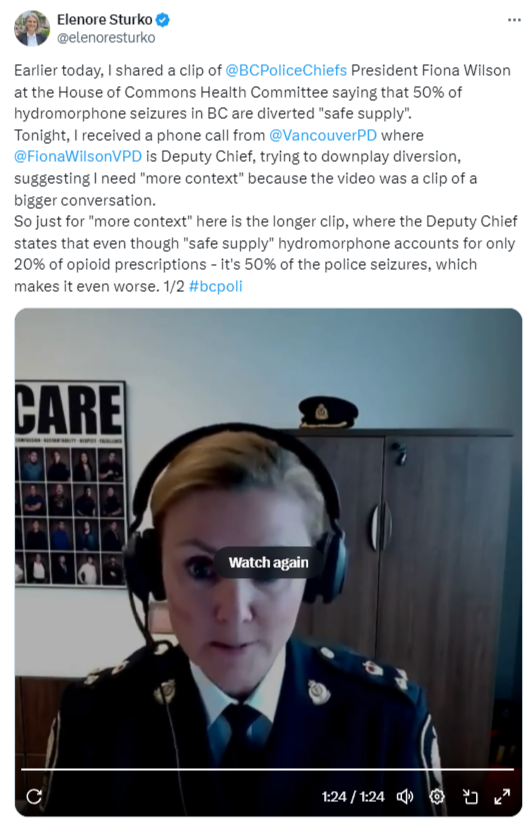Editorial: Too early to decide on success of drug decriminalization
Often these are subsequently sold or traded on the street for smokable versions that provide a more immediate high.
Yet this isn’t an easily corrected problem. With roughly 100,000 addicts provincewide, it would be a huge logistical challenge to have every consumption overseen.
There are other indications of a rough road ahead.
When the original legislation was introduced, only a few public locations were ruled off limits. When it became apparent that this allowed consumption in places such as parks and beaches where children are present, the province attempted to broaden the prohibited areas.
However, last December, the B.C. Supreme Court issued an injunction against this change in policy. The matter will have to be litigated again, likely all the way to the Supreme Court of Canada.
Last week, Health Minister Adrian Dix ordered hospitals to designate spaces for patients to consume hard drugs on site.
In one sense, his decision was understandable. If addicts have the right to possess and consume these drugs, why would that right end at the hospital door?
Yet while the logic behind decriminalization leads to that conclusion, we now have the prospect of patients shooting up in hospitals, and placing other patients and staff at risk.
The nurses’ union proposed an alternative solution. Patients could be prescribed less dangerous medications to manage their symptoms while in hospital.
In failing to adopt that suggestion, Dix may have been influenced by the B.C. Supreme Court’s reasoning that once illicit drug use is decriminalized, there are very real limits on where it may be prohibited.
It’s too early, of course, to reach a final conclusion. It might be that by the end of the three-year trial, the overall result will be positive.
We must certainly hope so.
Yet during the first full year of decriminalization, overdose deaths continued to climb, growing by more than five per cent to an all-time high.
If we are to avoid the Oregon debacle, those numbers have to come down, in a hurry.
https://www.timescol...ization-8623578
Now, what makes anyone think anything that we are doing (or not doing) is going to reduce deaths? Or even more absurdly, "in a hurry"?
What we need is a solid plan to reduce the number of addicts from the current 100,000. But nothing we are doing is aiming at that goal either. In fact there is no policy position expressed by government that even indicates this is desired.
Edited by Victoria Watcher, 19 April 2024 - 03:11 AM.
















